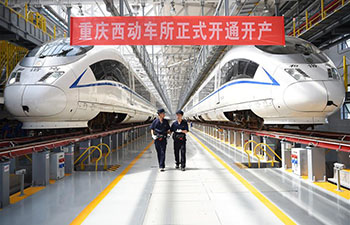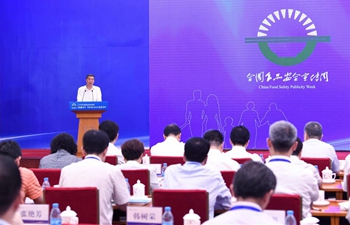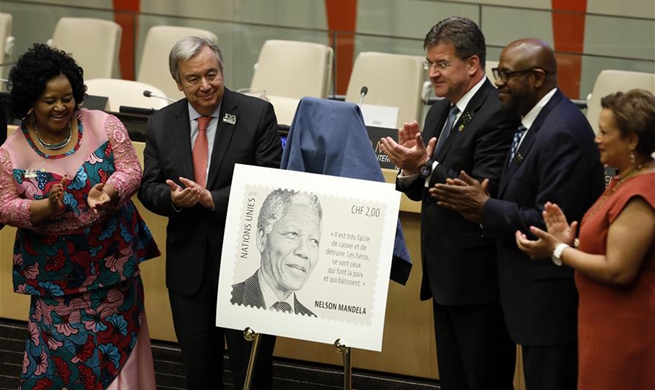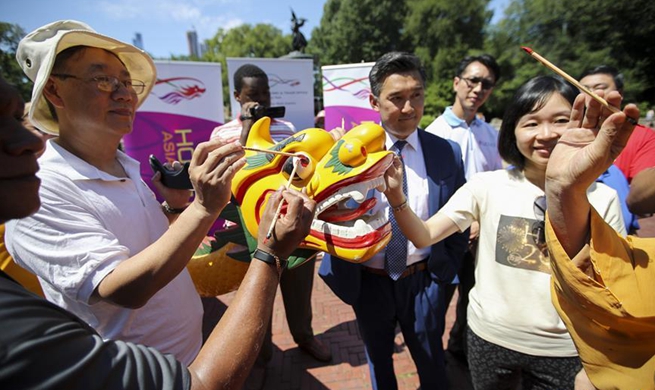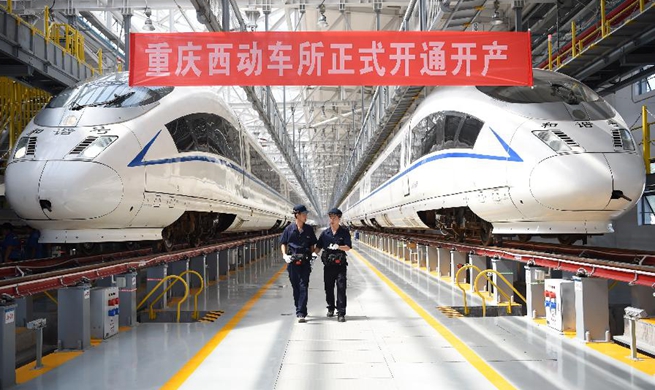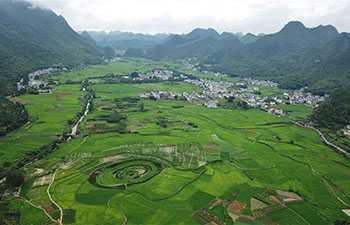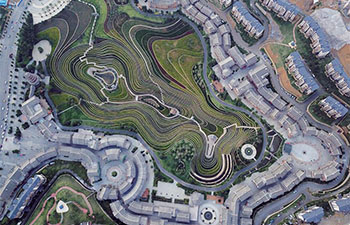BUENOS AIRES, July 18 (Xinhua) -- Argentine President Mauricio Macri on Wednesday acknowledged his country's economic troubles, but stressed growth will resume in 2019.
"We are facing a storm and have known how to raise the sails to stay the course. I am convinced we are making the right effort," Macri said at a press conference at the Olivos presidential residence.
The president noted that Argentinians, already weary of rising inflation and a plummeting currency, should brace for more economic turbulence ahead, mostly triggered by external factors.
Macri called for increased efforts to strengthen the domestic economy against global volatility in the coming months. He expressed confidence in the economic recovery next year.
Inflation control is again high on the agenda. "Inflation is what is most punishing for SMBs (small and medium-size businesses), for workers, investors and for those who have the least," said Macri, stressing "investment is what generates jobs."
Macri, who took office in 2015, admitted that his government has been vexed by the challenge of rising prices, saying inflation control has not been easy due to deep-rooted structural problems.
Macri defended an unpopular decision to lay off public-sector employees in a bid to cut the fiscal deficit.
The Argentine economy worsened in May and June, as the peso tumbled against the U.S. dollar, which prompted the government to turn to the International Monetary Fund IMF).
Accumulated inflation hit 16 percent in the first half of the year, with a monthly high of 3.7 percent in June, according to the latest government figures.
The IMF, which recently granted the country a 50-billion-U.S.-dollar loan, has agreed with the government to rein in inflation within a single-digit by 2019.
Earlier this month, Macri's chief of staff, Marcos Pena, said the economy was expected to grow 1 percent this year, following an initial projection of 3 percent, due to droughts that affected agricultural output, higher fuel prices and fluctuations in the international market.







